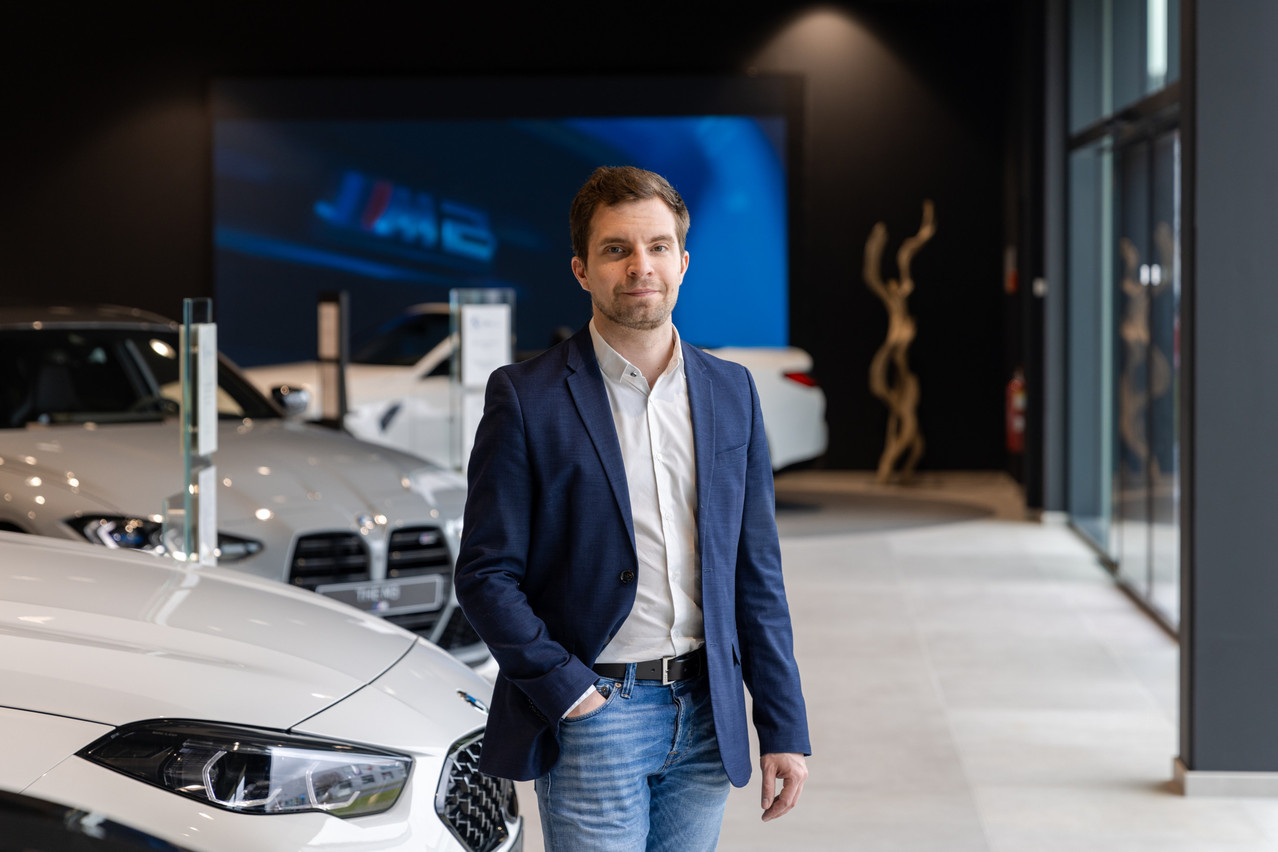Natalie A. Gerhardstein: What are some of the main considerations people are taking into account when they’re purchasing a new vehicle?
Olivier François: It looks simple, but today it’s more complicated than before. I think that the best way to buy the right car is to know how many kilometres you do in a day, a week, a month--and, based on that, you have an idea of what kind of motorisation you can buy.
[For] the person who drives a lot and travels, to be honest, today diesel is still very interesting. The electric, plug-in hybrid is also a really great option today because now you have cars that can propose huge autonomy of driving. I think if you take a BMW i4, there’s around 600km of electric range, so that's quite huge. It’s like some thermal cars, in fact.
If you buy a 100% electric car, a very important thing is that you can charge the car at your work or home. It’s very important if you don’t want to be stressed--that’s my point of view personally.
Have you seen a substantial rise in demand for electric or hybrid vehicles?
Yes, for many reasons. The first is the government pushed electric cars. I think the government subsidy of €8,000 is huge and helps us sell electric cars.
The second reason is the products are now more efficient, with a more interesting range of electric kilometres. We have cars that have the same range as thermal ones.
The third reason is, I think, simply the ecological [one]--people who say, ‘Okay, maybe my big SUV is not the best for the planet, the future and my children, so driving an electric without emissions is more appropriate.’
How complicated is it to install a charging station at home?
I don’t think it’s so complicated. Here in Bilia-Emond, we don’t install the infrastructure to charge the car… Our job is to sell the car, to do it very well and to explain all the details of the product. But we do have some partners here in Luxembourg where it’s 100% their job and then, when we sell an electric car directly, we suggest [them] to the client.
What about the secondhand market, also for electric?
For secondhand cars, it’s very strange because the problem of production has a direct impact on our secondhand sales. Today a lot of people go to buy secondhand cars because of the delivery time… For electric secondhand cars, today the market’s too small. It’s only today that we deliver a lot of electric cars. So I think, maybe in the next four to six years, we will see, and we will have more propositions to sell secondhand electric cars, but today I think it’s 5% of our stock. It’s really small because a lot of people who bought an electric car are still driving it, so we don't have the opportunity to buy an electric car to sell it as a secondhand car. But that will come in the next years.
